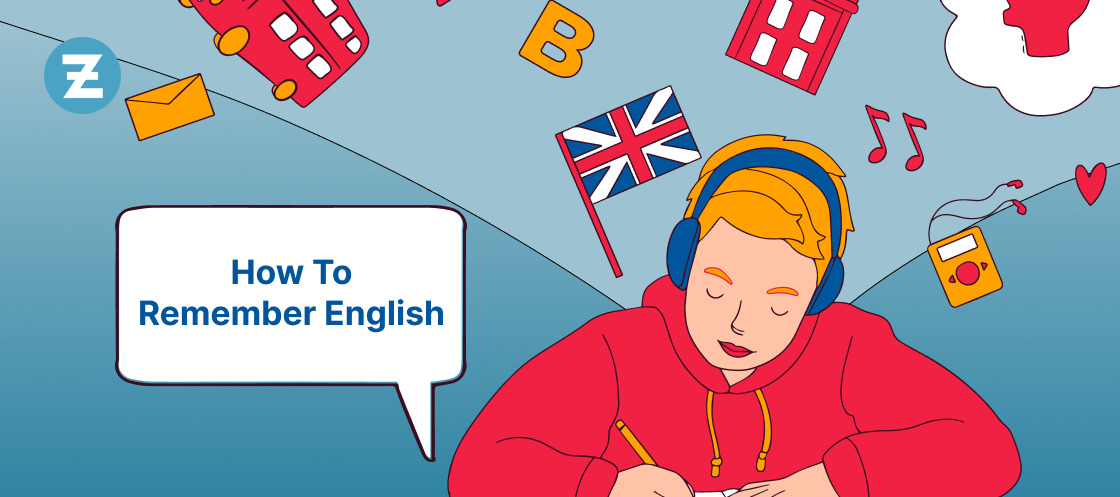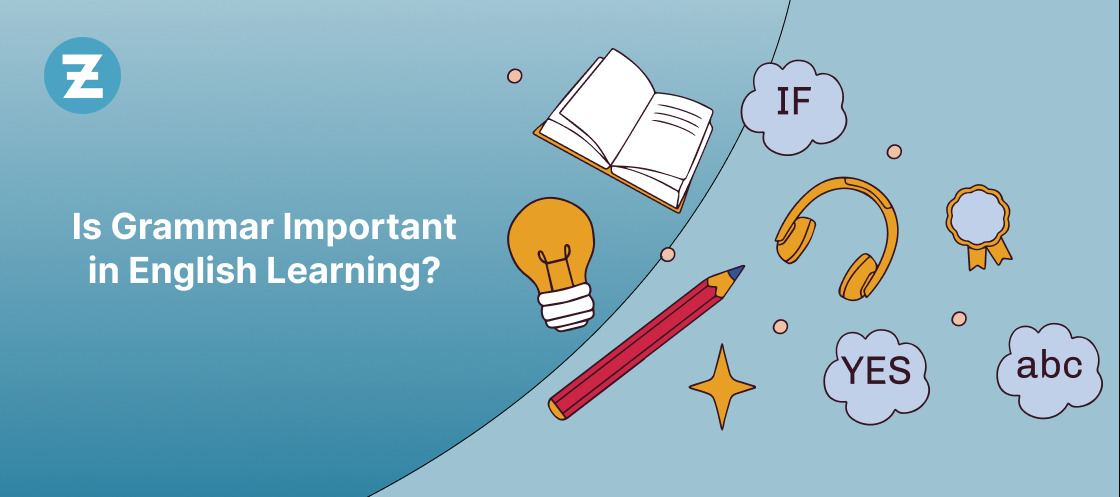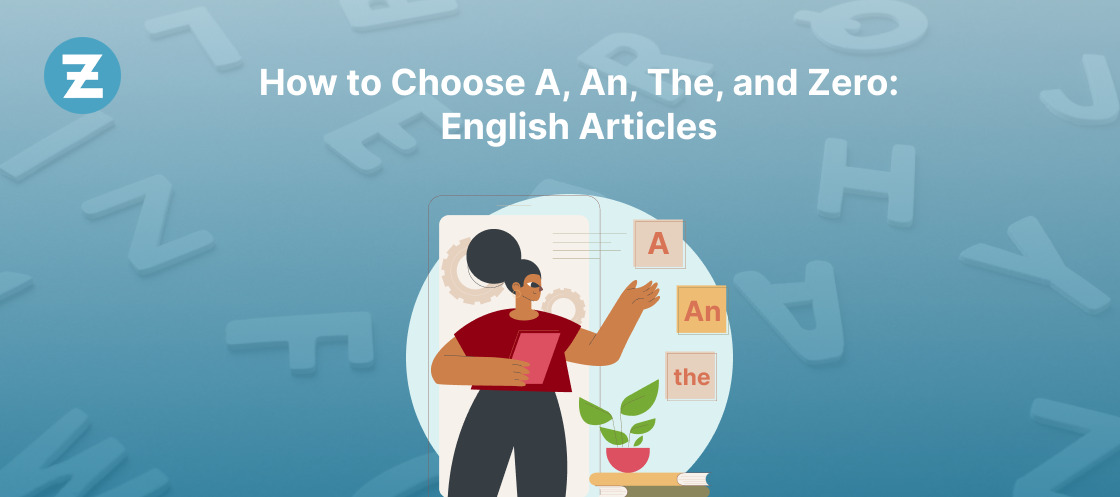As humans, we experience a wide range of emotions in our daily lives. One of the most sought-after emotions is happiness. Whether a small victory or a big achievement, we all want to feel happy and share that feeling with others.
In the English language, there are numerous ways to express happiness, and it’s always good to have various words to choose from.
In this blog post, we will explore different ways to say “happy” in English that you may not have thought of before.
So, get ready to expand your vocabulary and express your happiness in new and exciting ways!
| Improve your listening and speaking skills in English with Zoundslike’s fun and easy-to-use app! |
English Vocabulary: 19 Idioms of Happy
-
Over the Moon
This idiom is believed to have originated from the idea that the moon symbolizes happiness and contentment. Being “over the moon” suggests being so happy that one is figuratively above or beyond it.
Example: When she received the acceptance letter from her dream university, she was over the moon.
-
On Cloud Nine
The origin of this idiom is uncertain, but it’s often attributed to the cumulonimbus cloud, which is high and fluffy. Being “on cloud nine” means being in a state of euphoria or extreme happiness.
Example: After winning the championship, the team was on cloud nine.
-
In Seventh Heaven
This idiom has roots in religious and mystical beliefs. In many religious traditions, heaven is considered a state of ultimate bliss. Being “in seventh heaven” implies being in a state of pure joy and happiness.
Example: When he proposed to her, she felt like she was in seventh heaven.
-
Tickled Pink
The phrase “tickled pink” comes from the idea of being tickled to the point of turning pink with laughter. It represents a feeling of great pleasure or delight.
Example: When she received the award for her performance, she was tickled pink.
-
Jumping for Joy
The idiom “jumping for joy” refers to the spontaneous physical expression of happiness, where one jumps up and down out of excitement or delight.
Example: When she found out she got accepted into her dream school, she was jumping for joy.
Read Also: 44 Animal Idioms to Spruce Up Your English Vocabulary
-
Walking on Air
This idiom likely originates from the feeling of lightness and buoyancy one experiences when extremely happy. It suggests walking with an effortless grace as if floating above the ground.
Example: After their wedding, the couple was walking on air for weeks.
-
In Good Spirits
This idiom refers to being in a positive and cheerful mood or state of mind. It often implies a sense of well-being and contentment.
Example: Despite the rainy weather, she was in good spirits at the picnic.
-
Happy as a Clam
The phrase “happy as a clam” is an abbreviated version of the original phrase “happy as a clam at high water.” The full phrase suggests that clams are happiest during high tide when they are protected from being harvested. Thus, being “happy as a clam” means being very content and satisfied.
Example: Sitting by the beach, reading her favorite book, she was happy as a clam.
-
Slap Happy
The term “slap happy” originally referred to a state of being punch-drunk or disoriented, especially as a result of boxing. Over time, it has evolved to describe a lighthearted and carefree demeanor associated with happiness.
Example: After winning the game, the team was slap happy, celebrating their victory.
-
Trigger Happy
“Trigger happy” originally referred to someone who is overly eager or quick to use a firearm, often without considering the consequences. It has since been extended to describe someone who is overly impulsive or hasty in their actions.
Example: He’s so trigger happy with his spending that he often finds himself in financial trouble.
-
Walking on sunshine
This idiom likely originated from the lyrics of the popular song “Walking on Sunshine” by Katrina and The Waves. It is used to describe a state of extreme happiness and joy, where one feels as if they are floating or walking on rays of sunshine.
Example: After receiving a promotion at work, she felt like she was walking on sunshine.
-
Happy-go-lucky
The term “happy-go-lucky” describes someone who is carefree, cheerful, and takes things as they come without worrying too much. It implies a positive and optimistic outlook on life.
Example: Despite the challenges they faced, he remained happy-go-lucky, always finding a reason to smile.
-
Grinning from ear to ear
This idiom refers to a wide and broad smile that stretches from one ear to the other. It suggests extreme happiness or delight that is reflected in a person’s facial expression.
Example: When he saw the surprise party, he was grinning from ear to ear.
| Upgrade your English pronunciation and listening abilities with Zoundslike’s interactive learning platform! |
-
On top of the world
This idiom originated from the concept of being in a position of great achievement, success, or happiness. It implies feeling triumphant and as if one is at the pinnacle of their life or circumstances.
Example: After winning the competition, she felt on top of the world.
-
Happy camper
The idiom “happy camper” originally referred to a person who enjoys camping and outdoor activities. Over time, it has come to represent someone who is content, satisfied, and generally happy with their current situation.
Example: Even in difficult times, he remains a happy camper, always finding reasons to be positive.
-
In high spirits
This idiom suggests being in a cheerful and positive mood. The phrase “high spirits” refers to a state of heightened enthusiasm, liveliness, or happiness.
Example: After hearing the good news, she was in high spirits all day.
-
Bursting with joy
This idiom suggests an overwhelming feeling of happiness or excitement that is so intense it feels as if one’s emotions are about to burst out.
Example: When they announced their engagement, she was bursting with joy and couldn’t stop smiling.
-
Like a kid in a candy store
This idiom draws upon the idea that children often exhibit pure delight and excitement when they visit a candy store, where they are surrounded by a variety of sweet treats. It describes someone who is extremely happy and enthusiastic about a particular situation or experience.
Example: As a music lover, being at the concert was like a kid in a candy store for her.
-
All smiles
This idiom refers to someone who is visibly happy and expresses their joy by wearing a constant smile on their face.
Example: When she saw her family waiting for her at the airport, she was all smiles.
-
Living the good life
This idiom describes someone who is enjoying a life of happiness, comfort, and prosperity. It implies a state of contentment and fulfillment in one’s circumstances.
Example: After retiring early, he moved to a tropical island and started living the good life.
Read Also: 29 Sports Idioms In English With Examples
Conclusion
To sum it up, English provides many words and idioms to express happiness. Expanding our vocabulary and exploring different expressions can add depth and subtlety to our descriptions of joy and contentment. Incorporating diverse ways to say “happy” in our language allows us to paint a vivid and colorful picture of our emotions.
So why not use some of these expressions in daily conversations and infuse your language with added zest and flavor? And for those looking to improve their pronunciation, the language-learning app Zoundslike is a great tool to try.
Download it now and start practicing!








